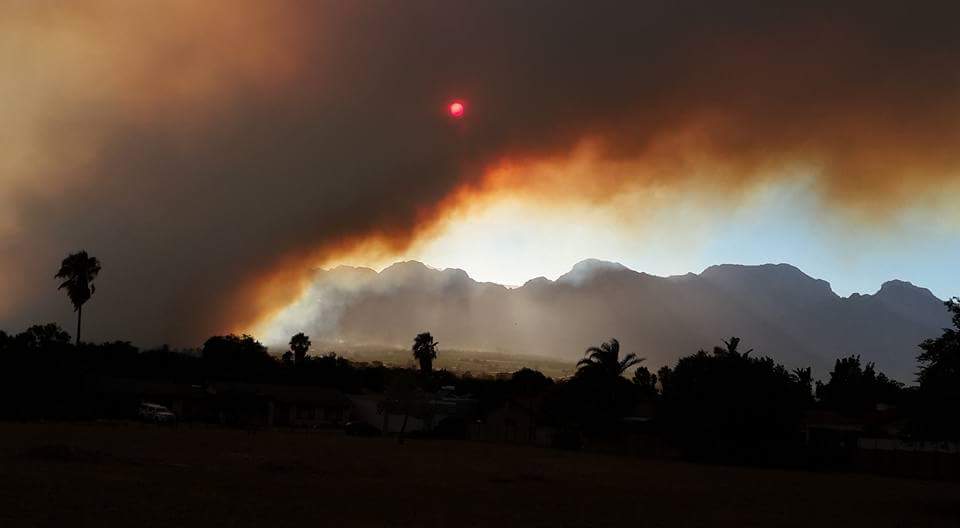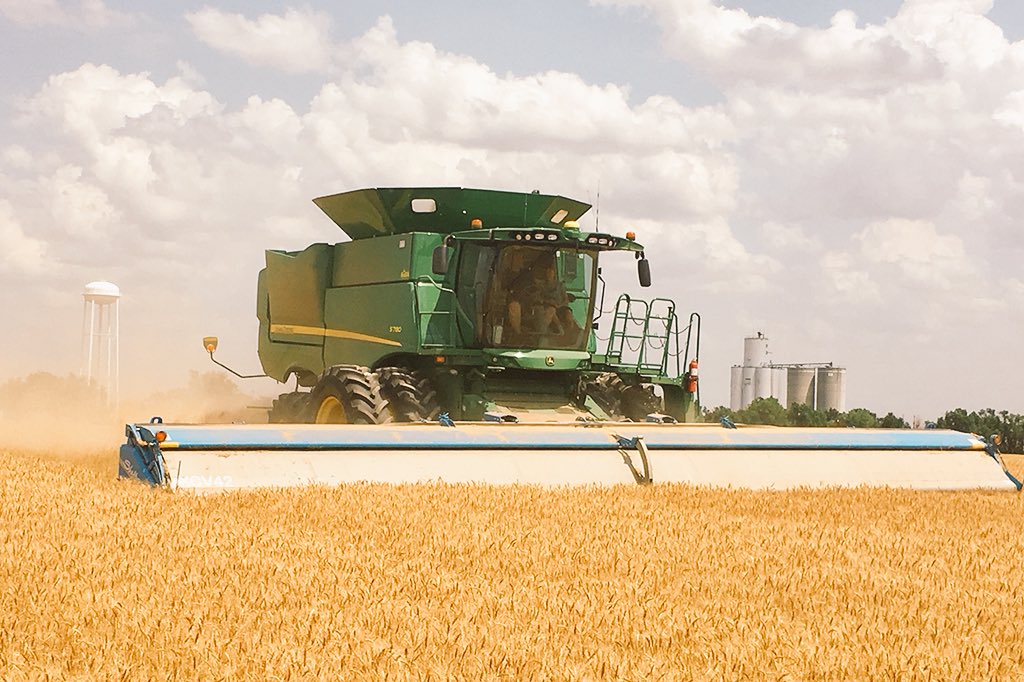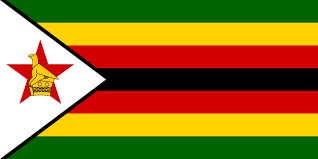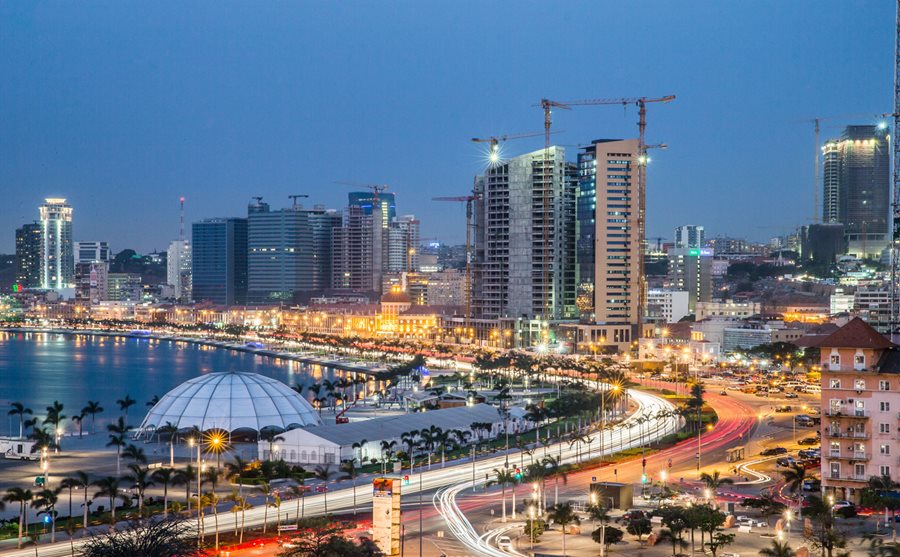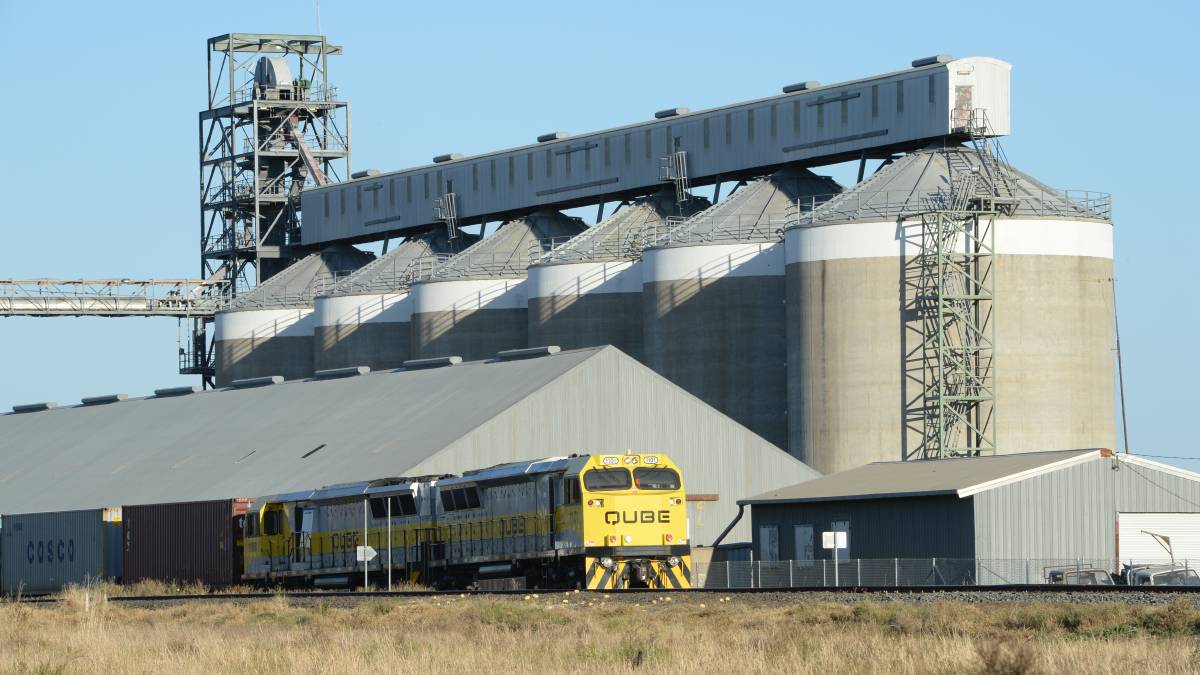A program to reduce Earth’s heat capture by injecting aerosols into the atmosphere from high-altitude aircraft is possible, but unreasonably costly with current technology, and would be unlikely to remain secret.
Just a couple of years ago this meteorologist had his hands slapped for trying to make an issue out of world wheat production problems. The word was that there was too much wheat in the world and that a focus on that crop was a waste of time.
As Zimbabwe's farmers head to the fields to plant, the country is facing yet another dry growing season, meteorologists predict. But that has not persuaded Sikhathele Sibanda to grow something besides thirsty maize, despite government urging.
Wet and wintry conditions in parts of the U.S. keep stalling the 2018 soybean harvest.
Global business leaders who misunderstand Africa run the risk of missing out on one of the 21st century’s great growth opportunities.
U.S. farmers finishing their harvests are facing a big problem - where to put the mountain of grain they cannot sell to Chinese buyers.
Newsletter Subscribe
AGRI NEWS NET "LIVE" FEED
- The European Green Deal (EGD) is a strategic roadmap set by the European Union (EU) to achieve climate neutrality by 2050 (European Commission, 2024). Central to this initiative is the Farm to Fork (F2F) strategy, which aims to make food production more sustainable by reducing greenhouse gas emissions and combating climate change.
- Hard times create strong men-Strong men create easy time, Easy times create weak men, weak men create difficult times- You have to raise warriors not parasites. If you look at all the men and women in these days enjoying easy times you can see most of them are weak. Maybe we entering difficult times.- You need to protect your Family Farm and family.
- Good morning and welcome to Agri news net- News you can trust- all day long.
- Dit is AGRI NEWS NET- die wereld van Landbou in jou hand- altyd op tyd- Altyd aanlyn- elke oggend dou voor dag is ons span aan die werk om net die beste en goeie nuus te oes. Dankie dat jy daagliks deel is van ons wereld-
Popular News Tags
AGRI NEWS NET AUDIO CAST Feeding-
- What Needs to Change in Farming and Agriculture in 2025
- AGRI NEWS RUSH - News Headlines of the Week 18/01/2025
- Farmer safety in South Africa in 2025
- The Economics of Farming and Agriculture in South Africa 2025
- The global wine market 2025
- AGRI NEWS RUSH - News Headlines of the Week 11/01/2024
- Artificial Intelligence: All That Glitters Is Not Gold
- GLOBAL WATER OUTLOOK TO 2025 Averting an Impending Crisis











